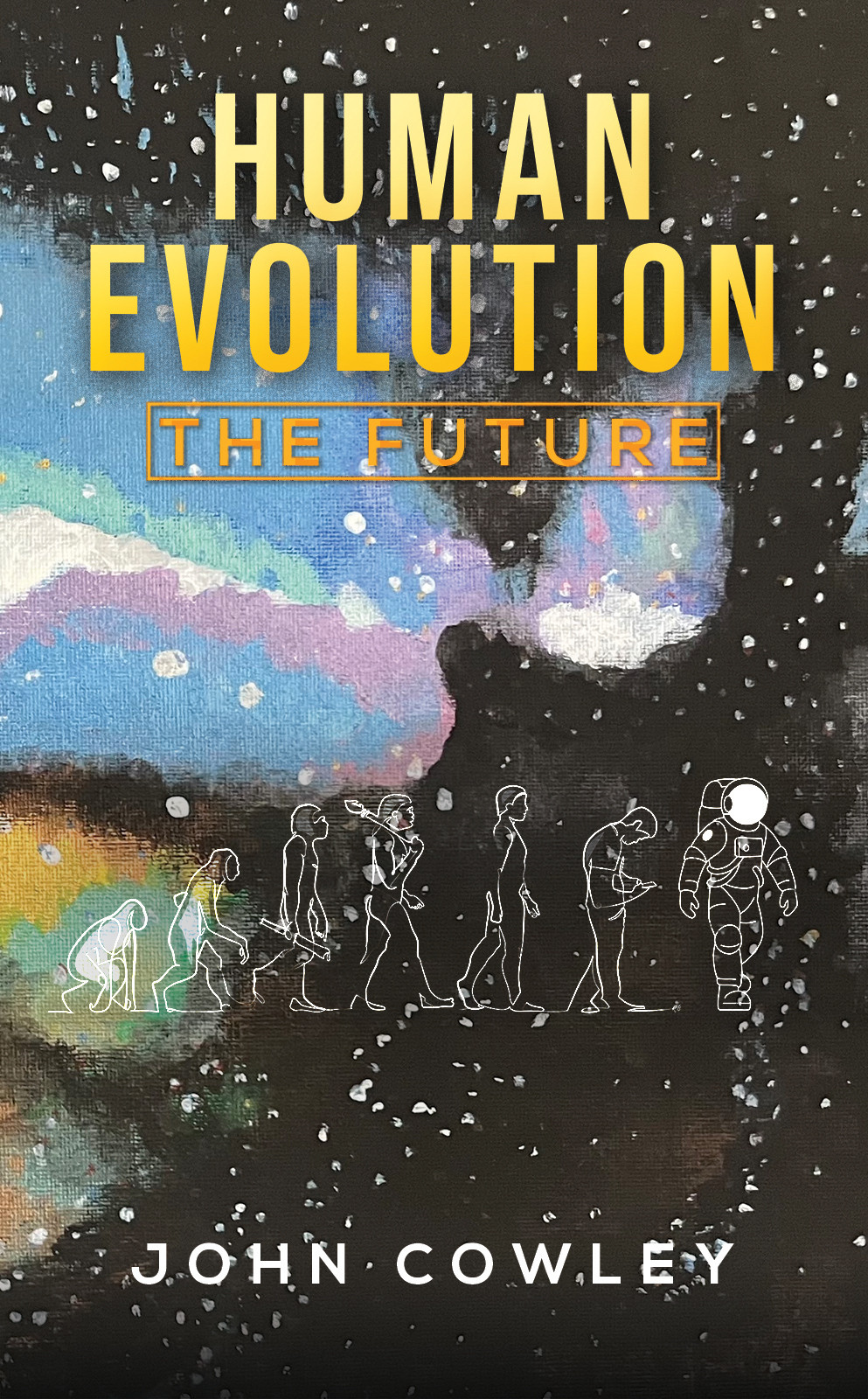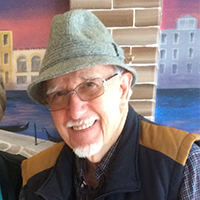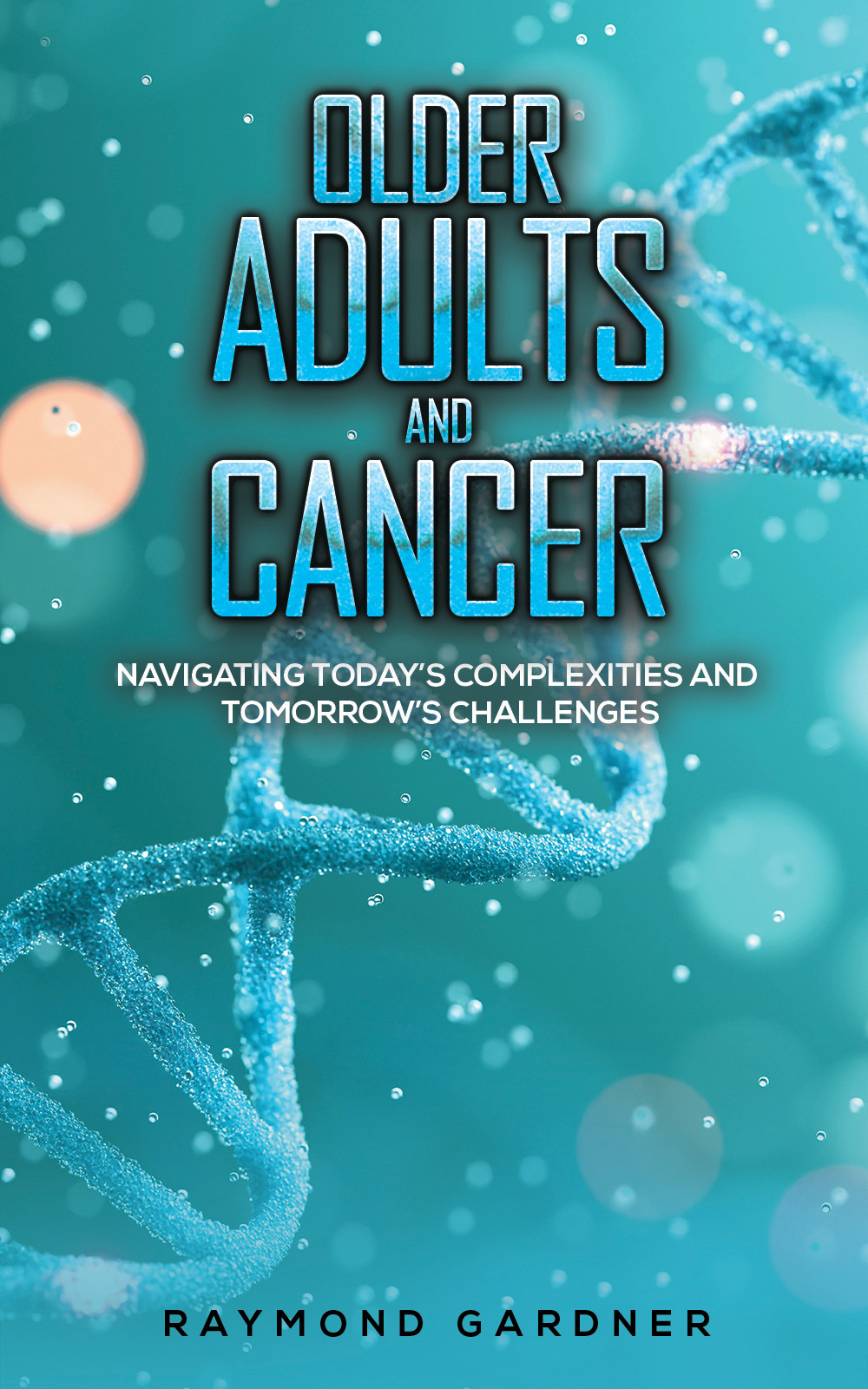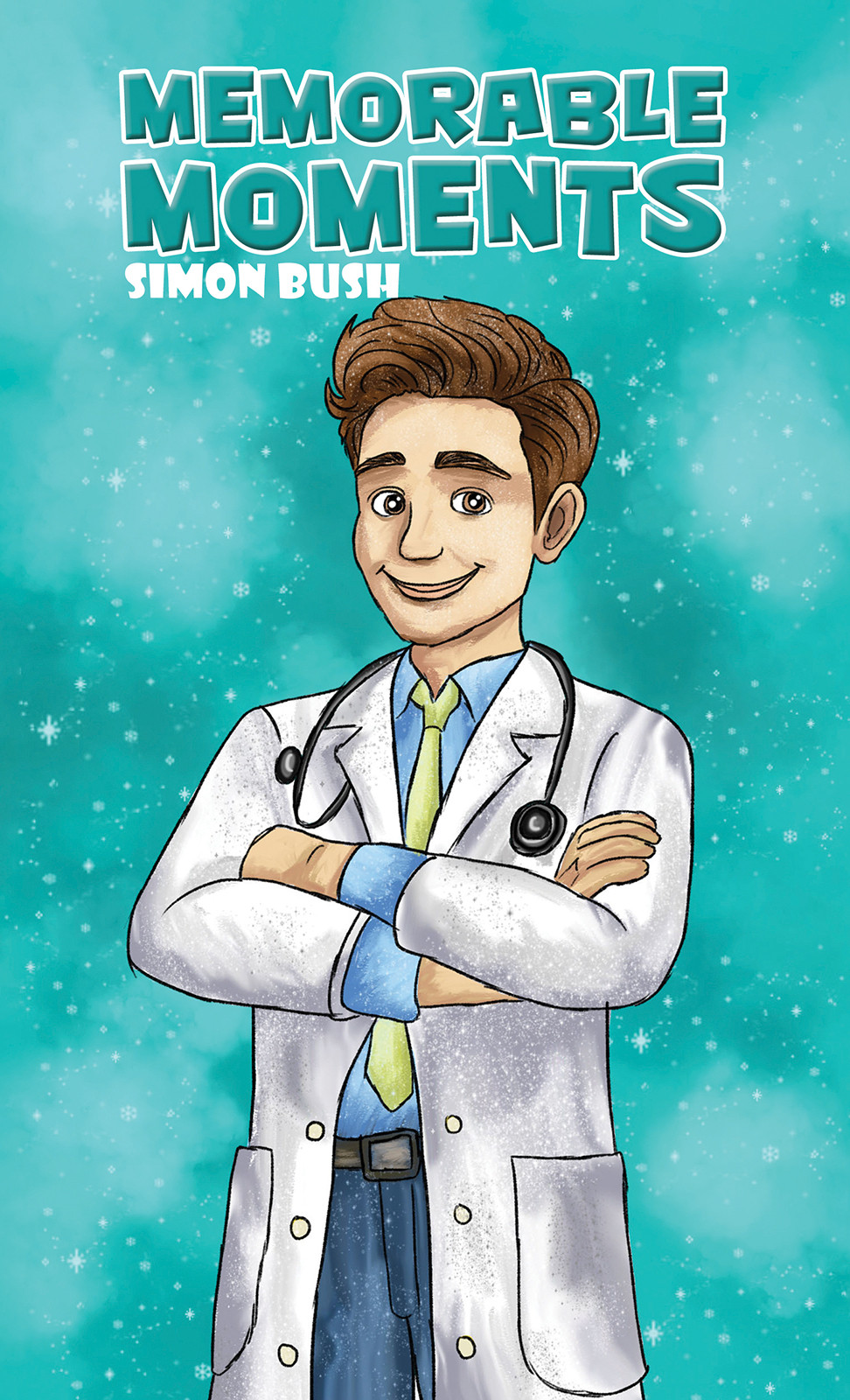Book Description
Ever since Charles Darwin wrote about the origin of species, there has been a great deal of argument and controversy over the evolution of humans.
The author examines the evidence for the genetic basis of evolution in general and the influence of natural selection on the development of the human race.
The focus of the book then turns to the question of what the future might hold for the further evolution of humans with particular reference to space exploration and the long-term effects of space travel.
The human body is highly adapted in evolutionary terms to living under the influence of gravity and its absence can have some serious health consequences. Weightlessness and its effects on human physiology are only one aspect of space travel the returning astronauts have to deal with.
Long space journeys will involve time discrepancies which, in extreme circumstances, result in astronauts returning to a changed world in which their peer group has already passed away and they find themselves amongst strangers.
It is difficult to determine exactly what the psychological effects might be on returning voyagers, but it is likely to be quite traumatic.
The author suggests the possibility that those who choose to become career astronauts will likely prefer to remain permanently living in space, and over time exposure to different selection pressures will result in a human variant given that both men and women will be equally drawn to scientific research and/or the adventure and excitement involved.












